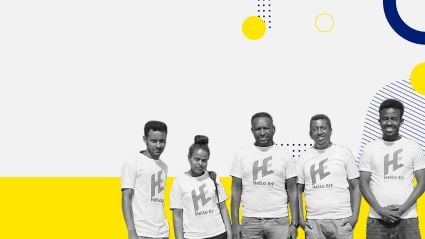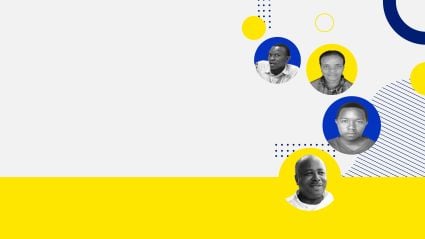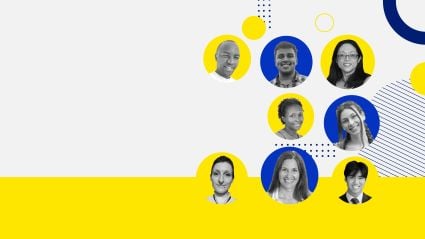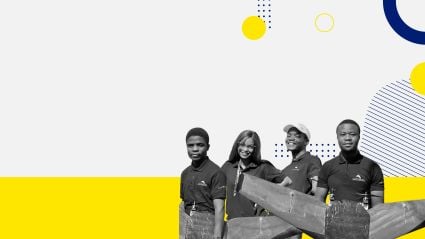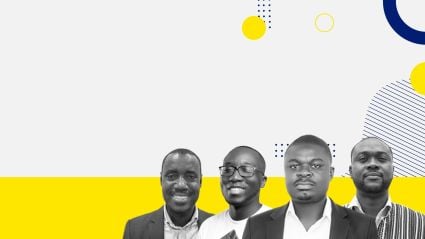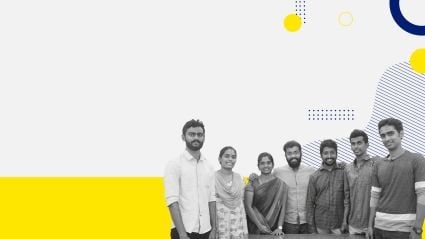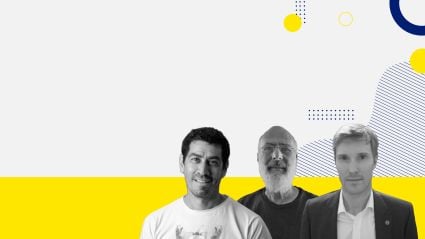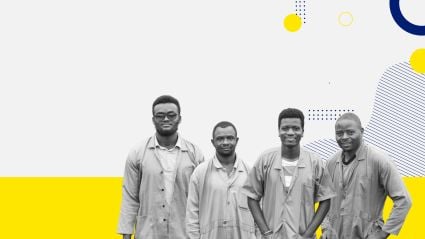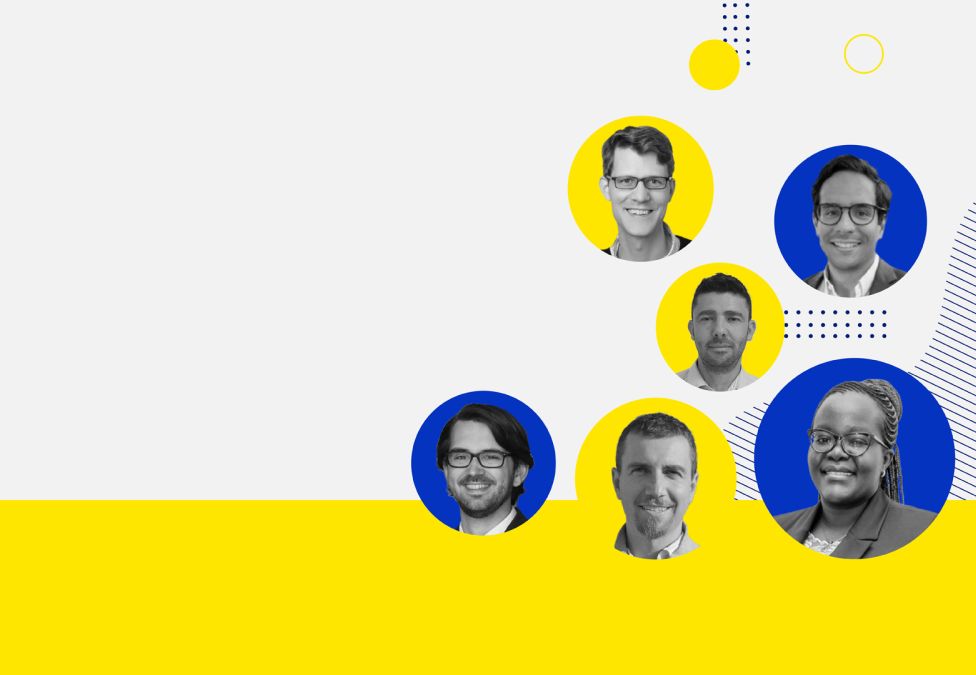
Pictured top row: Saemi Ledermann, Daniele Conversa, Juan Paredes; bottom row: Benjamin Graüb, John Choptiany, Sylvia Ng’eno.
Would you please tell us about you/your team and why you are passionate about AgriTech?
We started Farmbetter in the summer of 2018 after years of working with and for farmers and feeling that relevant, targeted, and practical advice was not reaching most smallholders in emerging and developing countries. All co-founders had been working with and for farmers for years and we felt that the classical development projects were simply not working to disseminate agricultural best practices and sustainable changes due to their short-term cycles. Using a private- sector approach as an award-winning social enterprise, we provide farmers with actionable knowledge on how to adapt to climate change and improve their resilience. We are a small but fast-growing group bringing together skills from (agricultural) research, gaining farmers as users and clients, and experienced project managers. We are united by our vision and passion to empower smallholders to adapt, mitigate, and thrive in a changing climate.
What inspired you to participate in the Milken-Motsepe Prize in AgriTech? What do you hope to gain from this experience?
The Milken-Motsepe Prize in AgriTech is an invaluable opportunity for us to continue developing our value proposition and tailor our offer toward farmers’ needs. We are moving from a working minimum viable product to a revenue-generating startup. In this process, the Milken-Motsepe Prize in AgriTech is an ideal accelerator—by providing expert advice, a framework to measure our impact with farmers, and exposure to potential partners, investors, and funders.
Would you briefly describe your concept and how it will increase economic value to farmers in Africa?
Farmbetter is an innovative mobile application designed to empower farmers to improve their livelihoods through data analytics and georeferenced data linked with global databases of best practices. Farmbetter promotes the best and most effective agricultural practices based on the farm location and environmental local conditions and landscapes. Agricultural recommendations are the core of a platform we are currently building that will bring together agricultural advice with access to markets, loans, insurance, and weather information. We are currently active in Kenya, Tanzania, Uganda, Burkina Faso, Nepal, and India and collaborating with a number of research projects to find out how to best bring digital agricultural services to smallholders and medium-sized farmers across the developing world.
What do you think sets you apart from other teams in this competition?
We have been working with and for farmers in developing countries over the course of the last 10 years. We have personally met hundreds of farmers who are suffering from the negative effects of climate change and are lacking the knowledge on how to best adapt to it. We were frustrated by the limiting short project cycles in development and eager to harness the strength of the private sector and the ingenuity of farmers to improve their climate resilience. We are a diverse team—culture, nationalities, experience, and expertise—together in this venture with the belief that we can provide farmers with actionable knowledge on how to adapt to climate change and improve their resilience with a simple, intuitive, database-driven, and inexpensive platform.
